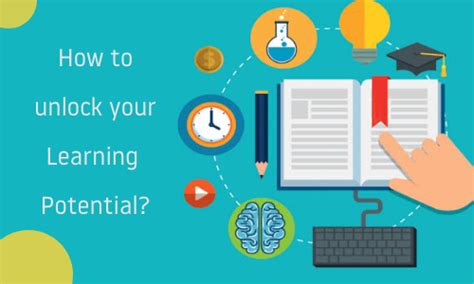Introduction

Every parent and educator seeks the optimal time for children to study to enhance their academic performance and cognitive development. This article delves into the scientific research and expert recommendations to determine the best time for kids to study, taking into account factors such as age, cognitive abilities, and individual preferences.
Circadian Rhythms and Cognitive Function
Circadian rhythms are the 24-hour cycles that regulate our sleep-wake patterns and influence various physiological and cognitive processes. Research suggests that these rhythms impact attention, memory consolidation, and overall learning ability.
Children and Adolescents: Early Birds or Night Owls?
Studies have shown that younger children tend to be “early birds,” with peak cognitive performance occurring in the morning hours. As they enter adolescence, many teenagers transition to becoming “night owls,” experiencing optimal alertness and focus in the later evening.
Table 1: Circadian Rhythm Variations based on Age
| Age Group | Peak Cognitive Performance |
|---|---|
| Preschoolers (3-5 years) | 9am-11am |
| Elementary School (6-12 years) | 7am-9am |
| Adolescents (13-18 years) | 8pm-10pm |
Optimal Study Time Based on Age and Grade Level
While circadian rhythms provide a general framework, the optimal study time can also vary based on age and grade level.
Preschoolers (Ages 3-5)
Preschoolers have shorter attention spans and prefer play-based learning. Short study sessions (20-30 minutes) spread throughout the morning hours are most effective.
Elementary School (Ages 6-12)
Elementary school children have longer attention spans and can benefit from structured study periods. The morning hours (7am-9am) remain ideal, but afternoon sessions (2pm-4pm) can also be productive.
Adolescents (Ages 13-18)
Teenagers experience significant cognitive changes and may prefer studying in the evening (8pm-10pm). However, it’s crucial to ensure they receive adequate sleep before school.
Table 2: Recommended Study Times for Different Age Groups
| Age Group | Optimal Study Time |
|---|---|
| Preschoolers (3-5 years) | 9am-11am (multiple short sessions) |
| Elementary School (6-12 years) | 7am-9am (morning) and 2pm-4pm (afternoon) |
| Adolescents (13-18 years) | 8pm-10pm (evening) |
Individual Preferences and Motivations
Beyond age and grade level, individual preferences and motivations can influence the best time for kids to study. Some children may find it easier to concentrate in the morning, while others prefer the quiet of the evening.
Intrinsic vs. Extrinsic Motivation
Intrinsic motivation, driven by enjoyment and curiosity, can make studying more effective. When children are genuinely interested in the subject matter, they tend to focus better and retain information more easily.
Extrinsic motivation, such as rewards or punishments, can also be effective in the short term, but it may not foster long-term engagement and learning.
Common Mistakes to Avoid
Late-Night Cramming
While it may be tempting to stay up late to study, research shows that this practice is not productive. Cramming information into the brain before sleep can lead to poor retention and decreased cognitive performance the next day.
Distractions and Multitasking
Eliminating distractions during study time is essential. Turn off phones, close unnecessary tabs, and find a quiet study spot to minimize interruptions. Multitasking can also hinder concentration and reduce learning efficiency.
Lack of Breaks
Regular breaks are crucial for maintaining focus and preventing burnout. Take short breaks (5-10 minutes) every 25-30 minutes of studying to refresh your mind and improve cognitive function.
Conclusion
Determining the best time for kids to study involves considering their age, circadian rhythms, individual preferences, and motivations. By aligning study time with peak cognitive performance, eliminating distractions, and fostering intrinsic motivation, parents and educators can create an optimal learning environment that maximizes academic success and cognitive development.
Additional Resources
- National Sleep Foundation: Circadian Rhythms and Sleep
- American Academy of Pediatrics: Sleep in School-Aged Children and Adolescents
- The Learning Scientists: The Importance of Retrieval Practice
